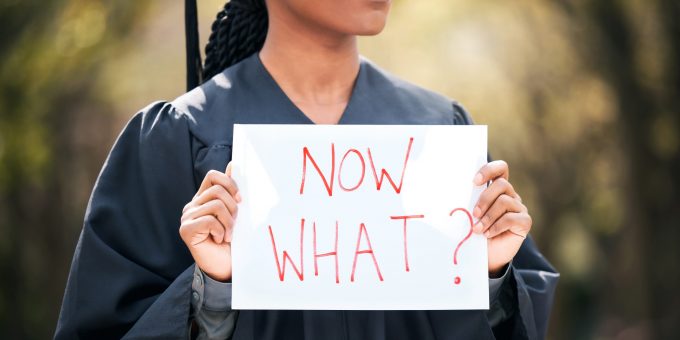
Young, mostly liberal law students in this study navigated the ethical conflicts of their career paths through a series of moral justifications. iStockPhoto // PeopleImages
good lawyer, bad lawyer
Progressive young adults have a heightened awareness of systemic inequalities, so how do they reconcile their ideals with reality when they enter professions they see as perpetuating injustice? In Socio-Economic Review, Matthew Clair and Sophia Hunt explore this tension through a longitudinal study of 74 predominantly liberal law students who critiqued the legal system for its role in perpetuating violence and inequality yet aspired to complete law degrees.
Through surveys and in-depth interviews, Clair and Hunt identified three distinct moral justifications these aspiring legal professionals used to defend their career paths. In the “lifting up” narrative, students envisioned themselves as exceptional agents of systemic change, drawing clear distinctions between “good” and “bad” legal practice and emphasizing their intentions to foster positive social change. In the second narrative, “leveraging out,” students presented law school as a stepping-stone to careers not in the law, but in academia or politics. The final narrative, “leaning in,” found students justifying their choice to pursue the law along practical or material lines; they noted, for instance, the need to pay off student debt, sometimes also emphasizing the potential for doing good within career constraints.These findings illuminate how individuals navigate moral conflicts in career choices, revealing both how ideals shape professional aspirations and, paradoxically, how people reconcile career paths that seemingly conflict with their values.
